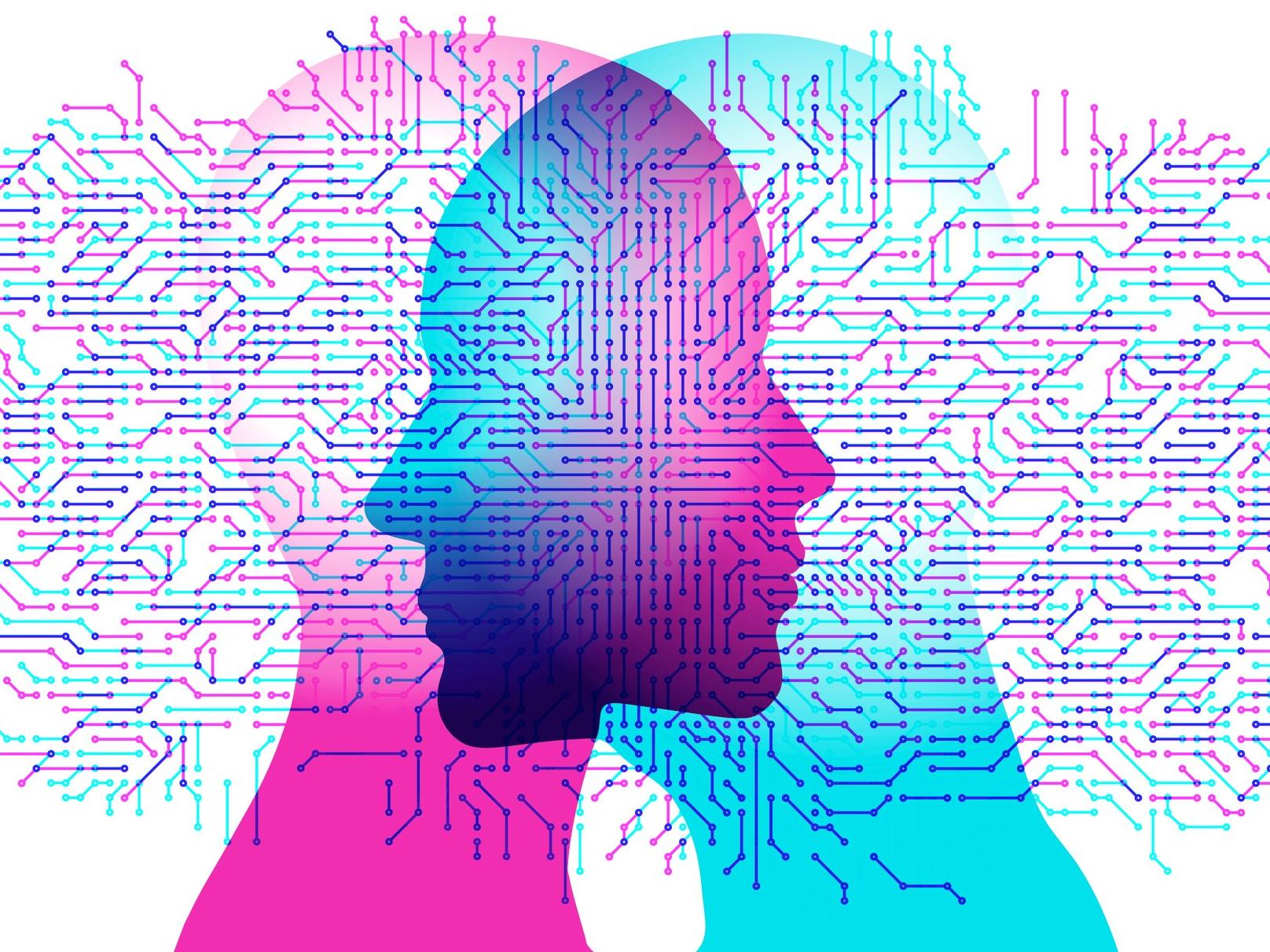
Brian Sims
Editor

Brian Sims
Editor
CIVIL LIBERTIES group Big Brother Watch has warned that the growth of facial recognition-based surveillance is spiralling “out of control” in the UK and that live facial recognition cameras should be “urgently banned”.

A new report published by the NGO highlights a significant increase in the use of facial recognition for surveillance purposes in the UK by both the police service and the private sector. This is despite the technology not being mentioned in any UK laws or debated by Parliamentarians resident in the House of Commons.
‘Biometric Britain: The Expansion of Facial Recognition Surveillance’ lays out in detail how the police service, retailers, tech companies and even some schools are investing huge sums of money into the surveillance technology.
Five years on from Big Brother Watch’s report entitled ‘Face Off: The Lawless Growth of Facial Recognition in UK Policing’, which revealed that the Metropolitan Police Service’s live facial recognition matches were 98% inaccurate at that time, ‘Biometric Britain: The Expansion of Facial Recognition Surveillance’ shows the extent to which the use of facial recognition is expanding for surveillance purposes in the UK today, while in parallel the European Union is legislating to restrict its use.
Key report findings include the following:
Police service
*While the technology’s accuracy is improving, it remains the case that 89% of live facial recognition matches on deployments by the Metropolitan Police Service and South Wales Police have been wrong since they introduced the technology
*Trials of mobile phone-based facial recognition in South Wales witnessed people of colour being four times as likely to be subject to a biometric scan than their white-skinned peers
*Victims, suspects, people thought to pose a risk of harm to themselves and associates of any of those people can be placed on police watchlists, meaning that a huge section of the public could be at risk from being added to facial recognition watchlists
*Eleven years after the High Court ruled that holding mugshots of innocent people was unlawful, no police force has made serious progress in deleting these photographs, but millions more images have been added to databases, which amounts to 2.5 images per minute
Private sector
*PimEyes, the online search engine for faces, can be used by any Internet surfer to search anyone’s photos – including those of children – without their consent, using facial recognition technology
*Cyber stalkers in Internet forums request searches on PimEyes for explicit images of women they know, while women caught on video in the street have had naked images tracked down on the facial recognition platform
The Big Brother Watch report also uncovers how several schools have rolled-out facial recognition-powered cashless canteens, with some even charging children for a swipecard if they do not consent to biometric scans.
Five police forces have spent large sums of money on retrospective facial recognition tools, which identify people in photos or videos, while the Home Office has allocated £50 million for a centralised facial matching platform that will bring together law enforcement and immigration databases on one system.
Since ‘Face Off: The Lawless Growth of Facial Recognition in UK Policing’ was published back in 2018, an independent report from the Human Rights Centre at the University of Essex, commissioned by the Metropolitan Police Service and published in July 2019, found that the force’s use of live facial recognition was highly inaccurate and, further, likely to breach individuals’ human rights.
In August 2020, Dr Ed Bridges’ legal challenge to live facial recognition led the Court of Appeal to find that South Wales Police had used the technology unlawfully. Winding the clock forward to April of this year, a police-funded study found that, at most of those settings tested, the facial recognition algorithm used by the police service contains significant racial biases.
Parliament is yet to pass any law banning or regulating the use of live facial recognition, notes Big Brother Watch, despite widespread concerns about the technology’s accuracy, biases and overall impact on the right to privacy.
Shocking scale
Commenting on ‘Biometric Britain: The Expansion of Facial Recognition Surveillance’, Silkie Carlo (director of Big Brother Watch) said: “Our report exposes the shocking scale of facial recognition, from Britain’s High Streets to online facial recognition search engines, and a surveillance society that’s growing out of control. The UK has fallen completely out of step with the rest of Europe and the democratic world by opening the floodgates to facial recognition cameras, which are scanning the faces of millions of people across the country. This Orwellian surveillance technology treats innocent members of the public like suspects in a police line-up.”
Carlo continued: “Police forces, and even supermarkets and clothes shops, are now using ever-more intrusive facial recognition technologies that often wrongly flag people as criminals, disproportionately misidentifying black people. Britain is at great risk of following in the footsteps of China and Russia’s high-tech surveillance states, with no democratic mandate. The Government should urgently stop [the use of] live facial recognition surveillance while Parliament has a careful review of the regulations needed for the UK to adopt biometric technologies more safely and responsibly.”
*Copies of ‘Biometric Britain: The Expansion of Facial Recognition Surveillance’ are available online
Dorset House
64 High Street
East Grinstead
RH19 3DE
UNITED KINGDOM
01342 31 4300